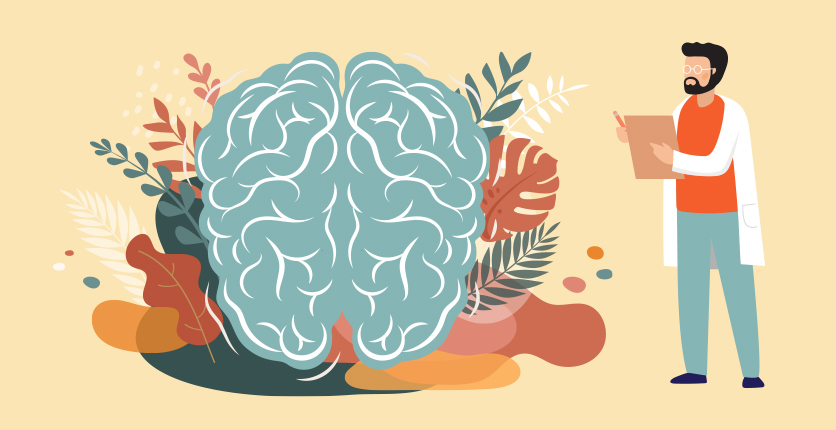We all experience stress in our lives; the challenge is to make sure it doesn’t affect our ability to function or get in the way of our work and personal lives. How we handle stress is related to several factors, says Dr Lim Boon Leng, a psychiatrist at Dr BL Lim Centre for Psychological Wellness at Gleneagles Medical Centre.
“Besides genetic factors and susceptibility to mental illness, factors that may affect your ability to handle stress include physical wellness and your outlook on life. So, someone who follows a healthy diet, exercises regularly and gets sufficient sleep might have better stress-coping skills than someone with an unhealthy lifestyle. Similarly, people who tend to be more positive-minded handle stress better than people who have a more cautious or negative outlook. Social support is important, too – people who feel supported by their family and friends seem better equipped to deal with stress.”
When stress gets too much and starts to affect our health, personal relationships, job or family life, we may experience burnout. Burnout is our body’s way of telling us that we’ve been pushed to the brink. The symptoms may manifest as depression or anxiety.
The good news is that you can get a handle on stress, learn to overcome challenges and build resilience to face more challenges ahead. Here are six tips from Dr Lim:

1. Take A Break
If you find yourself in a situation that’s causing you stress, walk away from it and distract yourself with activities you find enjoyable, like playing sports, listening to music, reading, and so on. This will take your mind off the stress trigger and help you calm down.

2. Talk To Someone You Trust
Don’t let the stress build to the point where it becomes too much to bear. Confide in a friend or family member and then ask them how they can support you emotionally – this might mean checking in with you daily to make sure you’re okay or doing something fun with you to help improve your mood.

3. Meditate And Practise Mindfulness
Find out what activities relax you, like swimming, knitting, baking and so on, and commit to doing them regularly. Learning to relax helps your mind “switch off” and encourages mindfulness, allowing you to be present in the moment. Other activities like meditation have been proven to strengthen our ability to stay calm in stressful situations.
4. Look After Yourself
Live a healthy lifestyle – eat wholesome food, don’t skip meals, drink plenty of water instead of alcohol or caffeinated drinks, go to bed and wake up at the same time every day, make time for rest if you’re tired, exercise three to five times a week, and cultivate hobbies outside of your work and home.

5. Know Your Limits
Feeling overwhelmed is a common stress trigger so avoid taking on more than you can handle. No matter how capable you think you are, you can only push yourself so far before you start to feel like you can no longer cope. If possible, delegate some tasks at work, learn to say “no” to people who constantly make demands of you, and ask for help with household chores and family responsibilities.

6. Check Your Thoughts
Be mindful of negative thoughts – try not to catastrophize or think the worst of a bad situation, as this can trigger anxiety. Moderating your expectations will also help.
How do you deal with stress? Share your tips with us at magnsman@sph.com.sg
Total Defence Day falls on 15 February. Psychological Defence – one of the 6 pillars of Total Defence – is ensuring we have the fighting spirit to overcome challenges together as a people, by developing resilience and the strength to return to our normal activities as soon as possible after a crisis hits.








